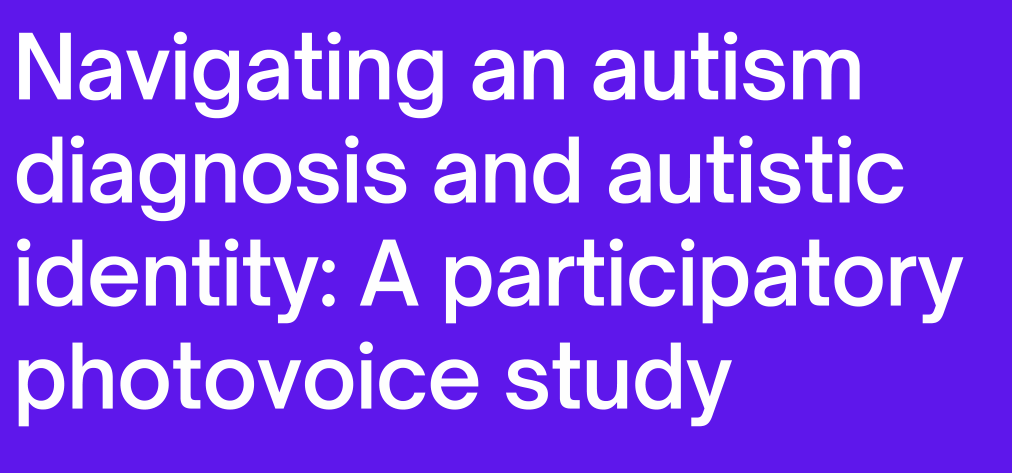Background:
In everyday life, we often need to ‘remember-to-remember’ to do activities in the future (prospective memory). Some of these tasks need to be carried out at a specific time (time-based prospective memory). Because prospective memory tasks are usually carried out during unrelated everyday activities (ongoing tasks), this kind of ‘memory skill’ is very demanding on our mental resources. For example, successful time-based prospective memory depends on self-monitoring the time while also remembering what needs to be done and when to do it. Research has found that giving people an idea of the context in which a future task will occur, can improve prospective memory accuracy in the general population. Although there is very little research on this topic in autism research, the findings tend to suggest that autistic people commonly experience general difficulties with prospective memory, and particularly have difficulties carrying out plans for future time-based prospective memory activities.
Aims:
The research looked at how context cues might support autistic people to carry out every day time-based prospective memory tasks. The researchers predicted that context cues would improve time-based prospective memory accuracy to a greater extent for autistic people, compared to receiving no context information or receiving incorrect information.
Method:
The study included 62 participants, who were 38 autistic adults and 24 non-autistic adults. Participants were matched on age, gender and general intellectual ability (IQ). All participants first completed a No Context task and then completed a second task with different context information. The ongoing task was to sort words and pictures as either ‘foods’ or ‘non-foods’. Participants also had to keep track of time during the task, by checking an on-screen timer. For the time-based prospective memory task, participants had to remember to press a button when the clock showed 3-minutes. In the Correct Context and False Context conditions, participants were given information on when the target time would happen. The Correct Context cue should help participants to make more accurate prospective memory responses, but the False Context cue would likely show less accurate responses.
Results:
The researchers are still completing their analysis of the data. Their provisional findings suggest that targeted contextual information could help to reduce time-based prospective memory difficulties for autistic adults. They also observed that autistic adults were more vigilant in time monitoring – they checked the clock more often than non-autistic participants. Further analysis is being done to understand if autistic people use time monitoring combined with contextual information as strategies to support prospective memory. These early insights could offer new ways to potentially improving prospective memory and, in this way, support autistic people to live more autonomously in everyday life.
Check out the poster here:




